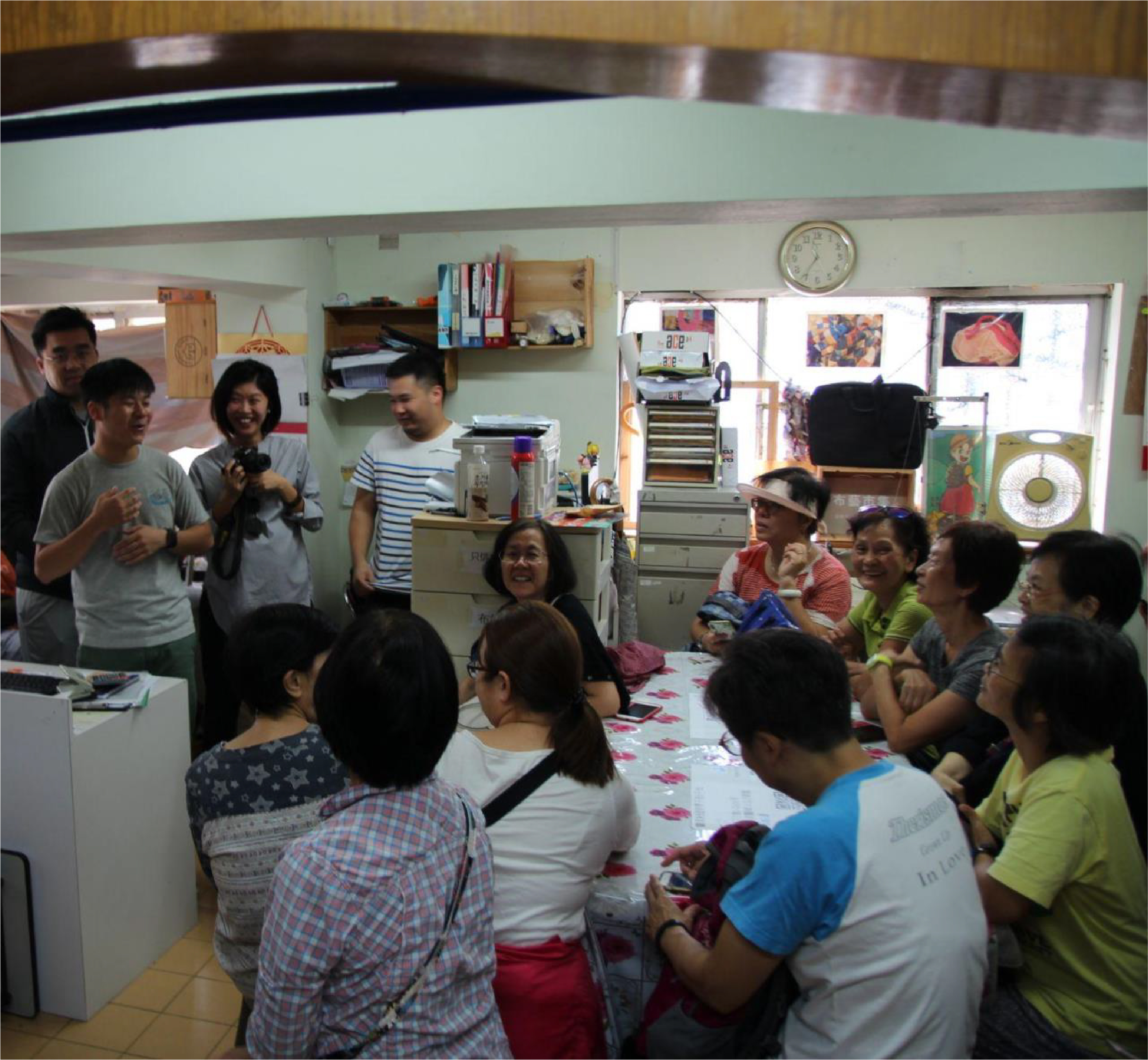Design Studios 2021-2022
As the ongoing pandemic continues to transform our lives, new forms of working, communicating and socialising might permanently change the way we inhabit cities. The crisis has highlighted the crucial roles of public spaces and social infrastructures, as the physical and functional characteristics of our urban environments greatly impact the quality of life and well-being of local communities. The visible impact of climate change shows the urgent need to consider urban development and resource consumption in relation to human and planetary health. The MSUD programme aims to address these challenges through rigorous research and design projects, focusing on the economic, cultural and regulatory processes that shape cities and the human interactions and experiences that constitute urban life. The courses engage with theoretical and scientific literature, international and regional case studies, and contemporary methods for the analysis, simulation and visualisation of urban environments.
The newly extended, 16-month programme will start with a design studio focusing on collaborative processes for the urban design of neighbourhood spaces. Through engagement with local stakeholders and communities, students will develop speculative proposals and small scale tactical interventions at real sites. The second studio will focus on larger scale urban challenges, developing comprehensive research and design projects around the notion of the “City within the City”. The thesis projects in the final term will further expand on this theme, using data-driven research methods or history, theory and case study analyses to formulate individual dissertations. Several of the programme’s teaching and learning activities will be organised in collaboration with international and local partners, including a new 2-month internship programme where students engage with Hong Kong’s urban design industry to gain experience with projects at a range of scales.
Studio I – THE URBAN COLLABORATIVE:
How does urban design enable and empower?

The Urban Design Studio in Term I will explore urban design opportunities in various scale from regional network to community public space, in response to contemporary urban issues and challenges. The pandemic situation in the past year has highlighted existing social disparities as they were further exacerbated by the health crisis. Urban design can play an essential role to better prepare cities and communities for the “new normal”, by reconsidering the way public spaces can be used, where and how we will live, work, socialize, and move between different places and activities.
The studio builds upon the topic of collaboration, to investigate how networks and communities function and propose positive changes through modes of collaboration, with two key questions in mind:
(1) Besides the top-down vs bottoms-up approach, what are the opportunities within that spectrum?
(2) How do modes of collaboration affect the formation of communities and public space?
Define Collaboration/ design collaborative
A working environment/platform that enables and empowers different stakeholders in the community to participate, to voice their opinions, to make collective decisions and positive contribution in the design process of their living environment. In this process, urban designer acts more like a facilitator rather than a leader, an initiator rather than a decision maker, a learner/active listener rather than a master……such that stakeholders with different backgrounds, resources, knowledge in the same neighborhood are provided with equal opportunities to express their needs and challenges that they have identified, to exchange and share ideas that they have for better living; to collectively build their environment with appropriate tools shared within the community……so everyone have the chances to provide for and take from the community, upholding their own stake with a strong sense of belonging, in order to achieve a sustainable way of maintaining and improving their living environment.
Instructors: Jessica Cheung, Melody Yiu
Studio II – CITY WITHIN THE CITY: Social processes and self-contained communities
within polycentric urban agglomerations

The Urban Design Studio II explores theories and Methodologies around the conceptualisation and development of comprehensive urban design projects based on in-depth research. Continuing our research agenda into the role of neighbourhoods amongst increasingly interconnected urban networks, we study the historic context, precedents and recent developments around the formation of self-sufficient neighbourhoods and communities, in relation to the practice of urban planning and design.
This year, we will focus on the notion of the “City within the City”, analysing the tension between commonly used large-scale plot development models, creating self-contained communities, and the local and regional social processes that lead to vibrant neighbourhoods and social resilience. Using international precedents such as the New Town Movement, Neighbourhood Unit, Factory Towns and Hong Kong’s self-contained housing estates, we will reflect on the modular nature of recent urban development projects in the Greater Bay Area, and their limitations or opportunities in supporting social, economic and environmental sustainability.
For the research and design project stage, we will use several ‘self-contained’ case study sites to analyse social processes such as mixed forms of work, live and recreation, as well as new types of communities in a post-pandemic “new normal”. Through critical analysis and data-driven mapping of everyday movement and activity patterns, student teams will identify existing constraints and derive opportunities for new connections, public spaces and infrastructures, and translate these into comprehensive urban design proposals for increased liveability, collaboration and innovation. Through student-led critical discussions and project narratives, reflecting on urban theory and international precedents, the projects’ contribution to social and environmental sustainability will be interrogated.
Instructors: Jeroen van Ameijde, Casey Wang